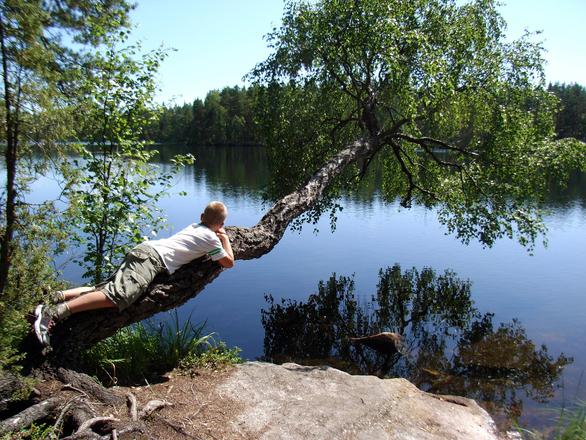by Susanna Kari (ELP 2016) | Associate Expert, UNESCO World Heritage Centre, Finland
Current evidence in conservation practice indicates that most effective conservation efforts tend to be inclusive, especially if social, cultural and environmental values are considered in a balanced way. The Nordic example of sharing (some of) the nature’s benefits equally is called the “the everyman’s right”. The Finnish Ministry of the Environment describes it as follows:
“The age-old concept of everyman’s right gives everyone the basic right to roam freely in the countryside, without needing to obtain permission, no matter who owns or occupies the land. In the sparsely populated Nordic countries everyman’s right has evolved over the centuries from a largely unwritten code of practice to become a fundamental legal right. Everyman’s right does not, however, cover activities which damage the environment or disturb others.”
This allows you to for example walk, ski, cycle or camp freely in both public and private natural landscapes within a reasonable distance from homes; pick wild berries, mushrooms and flowers, as long as they are not protected species; fish with a rod and line; as well as use boats, swim or bathe in inland waters and the sea.
It has been argued that “the everyman’s right” is among the most important determinants why the Finnish people continue to have a close relationship with nature. It enables everyone to enjoy the natural heritage of the country, value its wonders and feel common responsibility over its ability to provide for our spiritual, cultural and physiological needs.However, before wandering off to a Finnish forest with a hope of collecting the wild and delicious mushrooms and berries it has to offer, it’s useful to note that some places may be so fragile that they deserve special protection to prevent them losing their values, and therefore could have restrictions in use or access.
All over the world, people have come up with similar inspiring ways in which they agree to manage ecosystem services in a sustainable way, and for the benefit of all, including with those to follow. Sometimes they might have done so over a long period of time, kept alive through their traditions, other times through a necessity to respond to diminishing resources or sudden deterioration of their living environment. All in all, a consensus to manage natural resources sustainably and to share them equally with each and every person might go a long way in safeguarding the nature’s benefits for our wellbeing now and in future.


